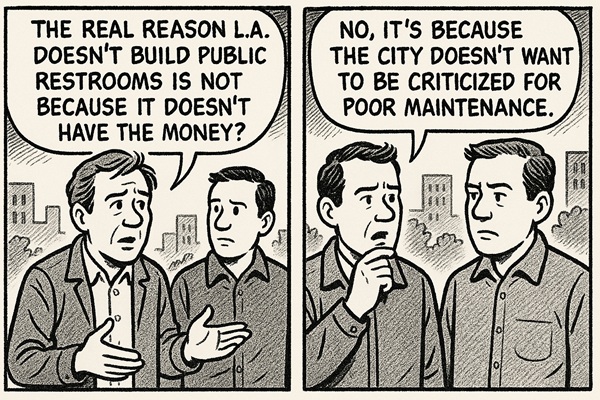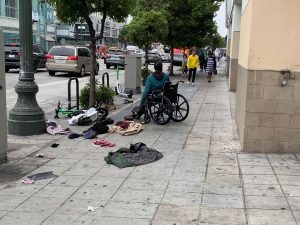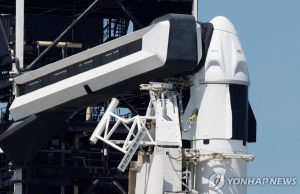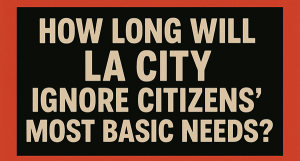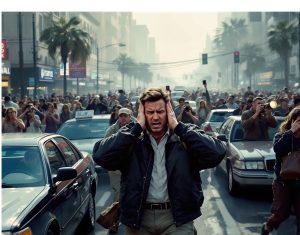Quality of Life Ignored Under the Guise of Public Safety, While International Cities Already Have Solutions
Los Angeles (LA) is one of America’s premier metropolises, overflowing with vibrant culture and economic opportunities. However, beneath this glamorous facade lie structural problems that threaten residents’ daily lives. One of the most pressing issues is urban noise pollution. The sounds of emergency vehicle sirens, police helicopter roars, and traffic congestion horns are seriously degrading the quality of life for downtown residents.
Noise Pollution Under the Pretext of Public Safety
While emergency vehicles must use sirens to save lives, the frequency and intensity of this noise has reached intolerable levels. Sirens that continuously blare even during nighttime hours disrupt residents’ sleep and can have long-term negative health effects. Nevertheless, the LA city government tends to dismiss these concerns as an unavoidable reality that citizens must endure.
Policy Decisions That Ignore Citizens’ Complaints
When residents raise concerns about noise pollution, some progressive council members treat these as trivial matters. Under the justification of “sacrifice for public safety,” individuals’ rights to peaceful living are thoroughly disregarded. However, noise pollution is not merely an inconvenience but a serious issue that directly impacts residents’ mental health and quality of life.
Alternative Solutions From International Examples
Some European cities have implemented low-noise sirens that protect residents’ sleep and living conditions while still responding to emergencies. Japan utilizes visual warning lights and reduces siren volume during certain hours, applying practical and effective measures. These advanced examples demonstrate that public safety and protection of citizens’ living rights can coexist.
Citizen Participation Is the Answer
LA residents no longer need to remain silent. It’s important to actively submit opinions to local community boards and city councils, and to publicize these issues through local media. Additionally, presenting noise pollution problems with objective data can create pressure that politicians find difficult to ignore.
Cities should exist as spaces for citizens’ lives. LA’s true future will be built not through unilateral city management using public safety as an excuse, but through policies that reflect citizens’ voices. Now is the time to raise our voices for change.





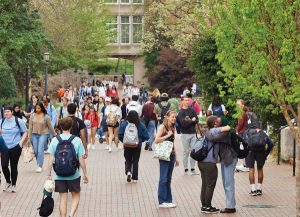














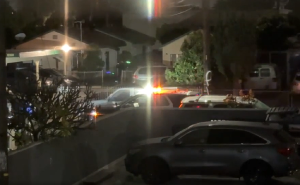
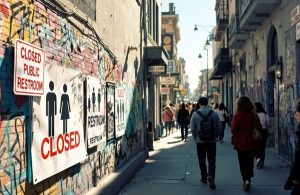
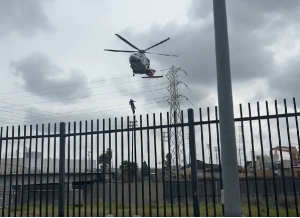

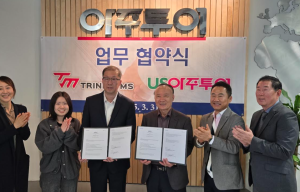
























 신차 최대 1만달러 인상
신차 최대 1만달러 인상















